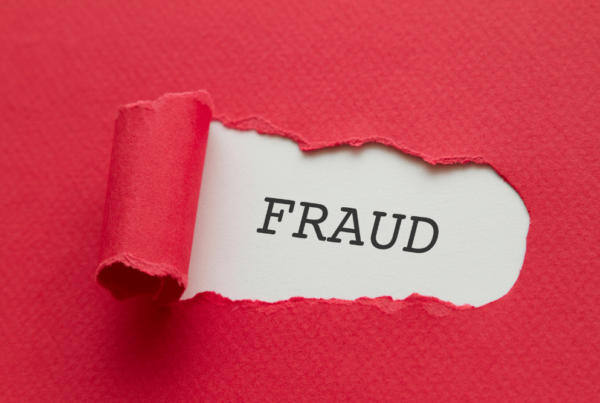The history of the federal mail fraud statute traces back to the late 19th century. Around this time, Congress elected to pass legislation to combat an alarming amount of fraud involving the U.S. postal service. In the years since, various changes to the federal mail statute have expanded its reach to private mail carriers as well. Although amendments and court decisions have reshaped the federal mail statute over the years, many aspects of this law remain largely unchanged to this day.
18 U.S. Code Section 1341: Committing Mail Fraud Schemes
Under 18 U.S. Code Section 1341, it is a federal crime to use government or private mail carriers to further any “scheme or artifice to defraud.” This is a broad legal standard, prohibiting any use of mail services for fraudulent pretenses, representations, or promises. Whether a mail fraud scheme involves money, property, or services, it is unlawful under Section 1341.
The mail fraud statute does include a significant knowledge requirement. In order to qualify under Section 1341, a person must know – or have a reason to know – that they are using mail services for fraudulent purposes. In other words, Section 1341 does not penalize any person for making a simple mistake. Mail fraud only prohibits the intentional and fraudulent use of government or private mail carriers. There are several different mail fraud schemes that can occur:
- Solicitation of Funds through the Mail – This type of fraud occurs when money is solicited through the mail for a variety of reasons, but are fraudulent nonetheless. The most recent example of this involved a phone scam of fake IRS agents calling unsuspecting individuals demanding money while threatening that federal agents are on their way to effectuate an arrest if the money is not sent immediately.
- Mail Orders – This occurs when an individual purchase something online but does not receive the item purchased. This could be on a small scale, such as taking money for a coveted baseball card and sending a fake or nothing at all, to a large scale operation, such as vacation scams or work from home opportunities.
- Ponzi Schemes – These typically come in the form of an investment scam, where an unsuspecting individual gives money to be invested only to have the money stolen while future victims’ payments go towards the initial victims’ losses. Most ponzi schemes are also charged as Wire Fraud.
What are the Penalties for Mail Fraud?
Any person who violates Section 1342 is subject to certain criminal penalties. In addition to a criminal fine, the offender can also face a maximum prison sentence of 20 years. Though if the offense involves a major emergency or disaster, the criminal penalties expand substantially. In those circumstances, a conviction can lead to a maximum punishment includes 30 years in prison and up to $1 million in fines.
18 U.S. Code Section 1349: Attempting or Conspiring to Commit Mail Fraud
Under 18 U.S. Code Section 1349, it is a federal crime to attempt to commit mail fraud or attempt to use a false name/address. This is also true for conspiring to commit mail fraud or conspiring to use a false name/address. Even if the offender fails to complete the crime, they can still face criminal charges for the attempt or conspiracy.
Section 1349 treats attempts and conspiracies as the functional equivalent of the underlying crime itself. This means that any person who attempts or conspires to commit these crimes will face the same penalties as if they completed the crime successfully.





